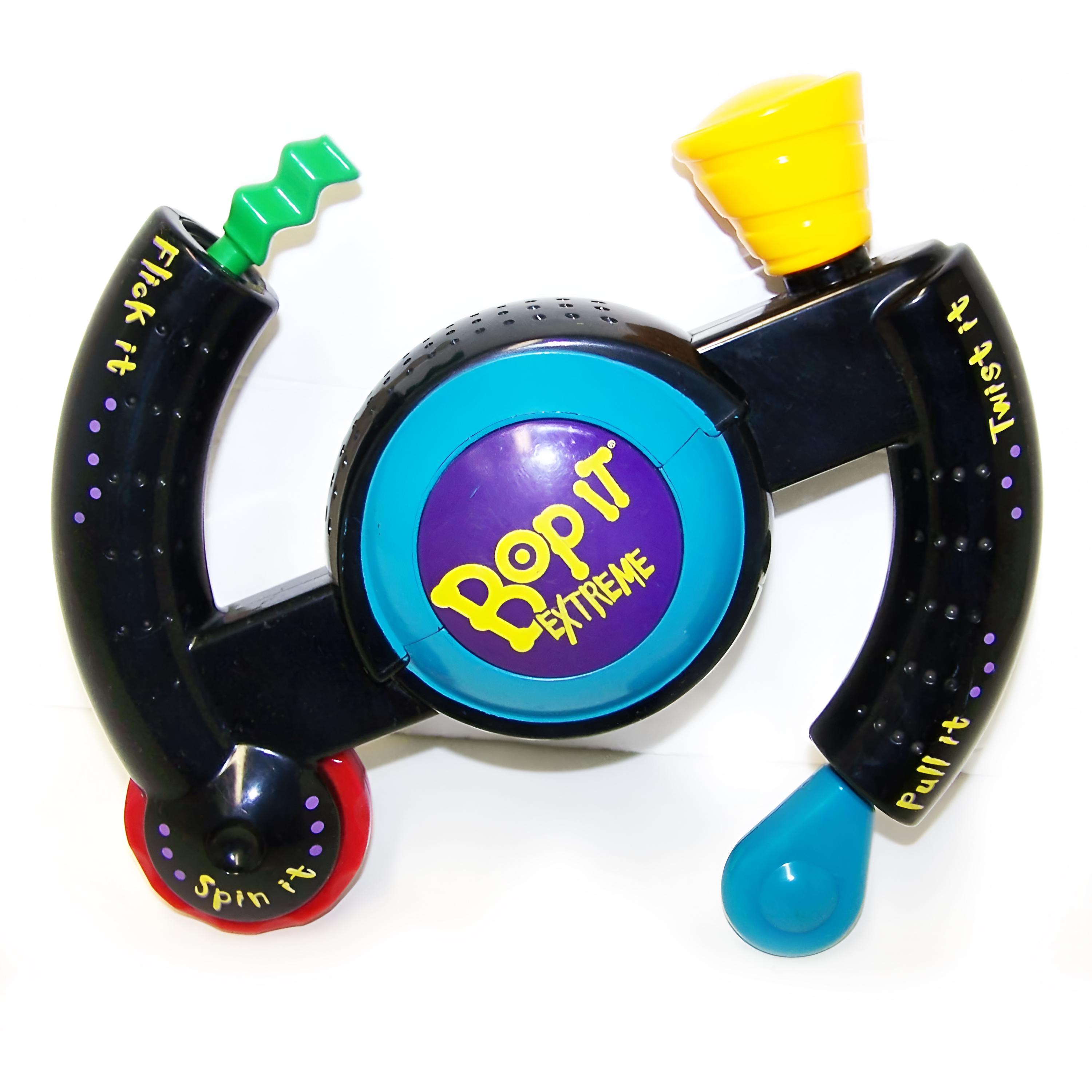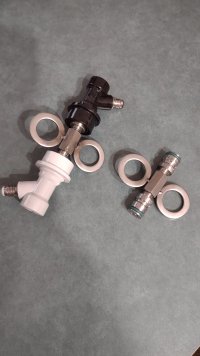I definitely think home brewing as a hobby is taking a big hit in all of this. The plethora of beer options between local brew pubs, them selling packaged versions for home and the overall variety of beer available at most liquor stores is a real deterrent for more casual potential and former brewers. So maybe we should be blaming the rise in breweries for the death of homebrewing. I also say that tongue in cheek, homebrewing will just become a niche hobby like others.
I'm surprised that I came to this thread at 4 pages long, and this was only mentioned once (and not commented on).
I feel like we tend to think that the popularity of homebrewing / craft brewing should correlate with each other. And that may be a LITTLE bit true, i.e. more craft beer available gets more people interested in craft beer, and maybe that means more try to make it at home.
But I also think that we have to look at this as a much bigger market effect...
I'd argue that the rise of homebrewing predated the rise of micro and craft beer. And that the rise of homebrewing was to a large extent due to a lack of variety in the available beer market. We wanted something that BMC and Euro imports wasn't providing... So we made it ourselves.
I know for me, as I started getting into beer in college (late 90's), micro was still quite small. I'd occasionally drink something like Rolling Rock. Sam Adams wasn't that big around me. When I wanted "better" beer it was usually something Euro like Bass or Harp or Guinness. Then in the early 2000s I moved to CA, and started trying real craft beer. Stone Arrogant Bastard was an eye-opening experience. But, alas, I moved to Georgia in 2005 (for only two years) which was a beer desert at the time. Restaurants had BMC and Sam Adams on tap, you had to go to specialty liquor stores to find any craft selection (which was poor), and that was about it. You simply couldn't find craft beer anywhere. And I started making my own, because there was NOT a craft beer scene anywhere near me.
So it wasn't just correlation--it was causation. The lack of available micro/craft beer commercially caused the rise of homebrewing. Some of those early homebrewers, if they had success, became commercial brewers. Thus, the rise of home brewing predated and caused the rise in craft brewing.
But in a country with nearly 10K breweries, nearly no geography is a "beer desert" today. Drinkers can find all sorts of obscure offerings at craft breweries, at restaurants which have craft on tap, and you can find craft beer on supermarket shelves and most liquor stores will have massive offering. Craft beer is pretty much ubiquitous now.
So right now the force that pushed people to make their own--a lack of quality variety--doesn't exist. So you'll get some growth from hobbyists who just like doing things themselves, but let's face it... Making
good beer at home requires a significant investment of time, money, and learning. More than a lot of people are willing to put in, when they have a bunch of commercial options readily available.
So to me it would make perfect sense that we see some decoupling of homebrewing and craft. The very thing that made homebrewing attractive
then--a lack of commercial options--is what is making homebrewing less necessary
now.











![Craft A Brew - Safale S-04 Dry Yeast - Fermentis - English Ale Dry Yeast - For English and American Ales and Hard Apple Ciders - Ingredients for Home Brewing - Beer Making Supplies - [1 Pack]](https://m.media-amazon.com/images/I/41fVGNh6JfL._SL500_.jpg)
















































